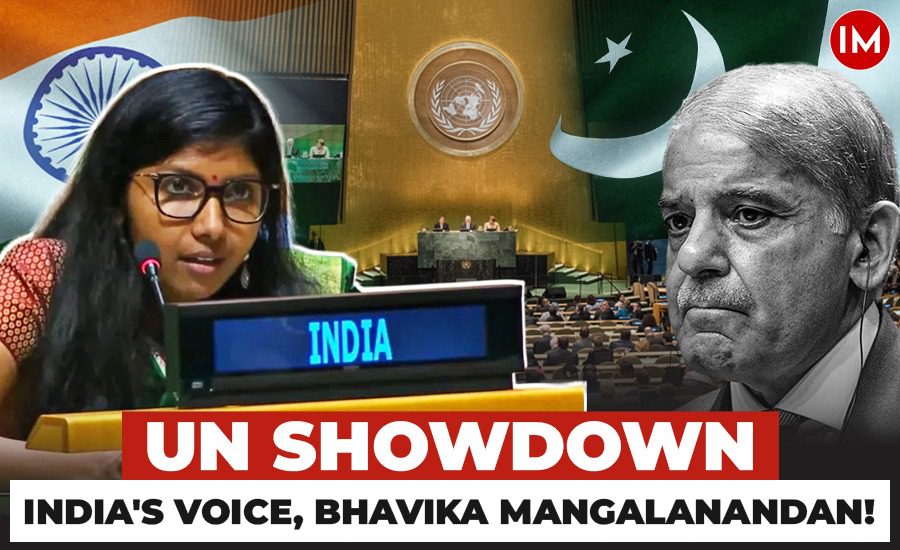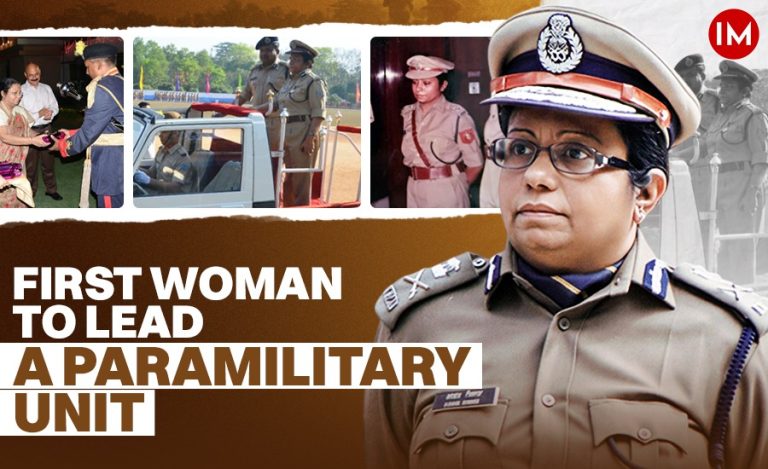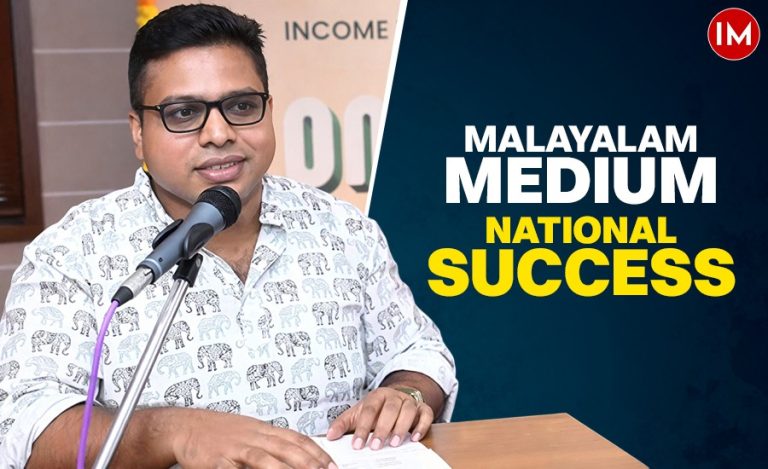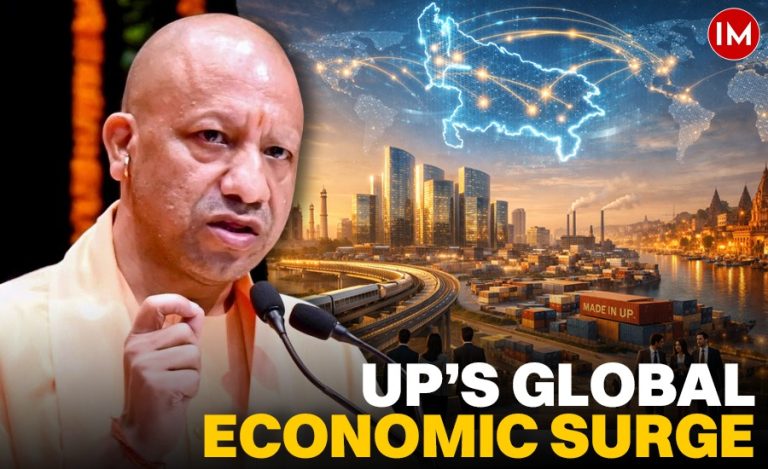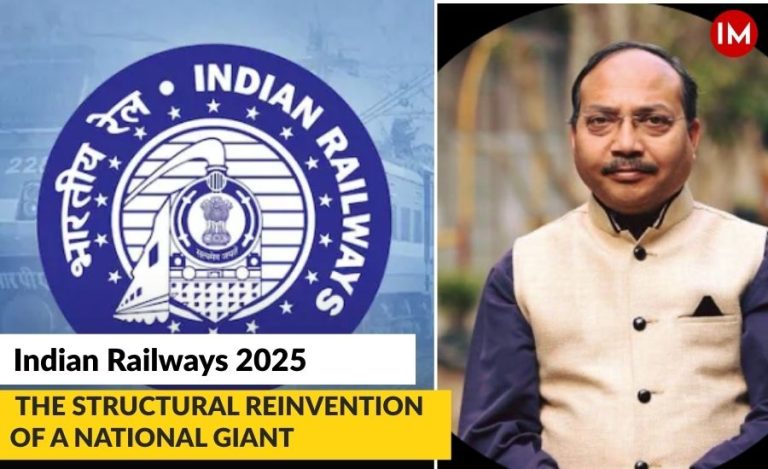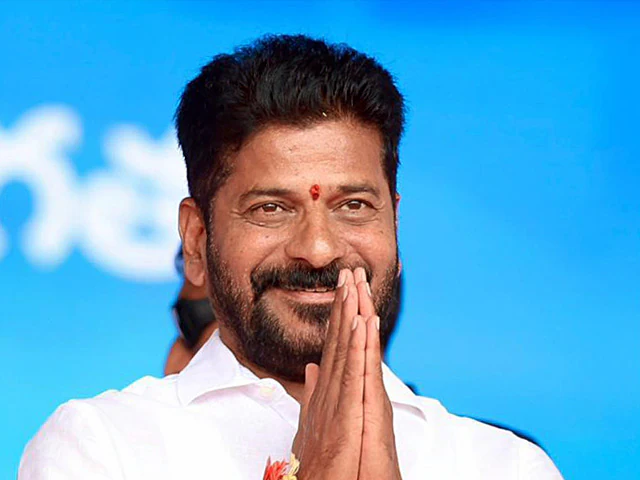As expected, the familiar scenario unfolded once again: Pakistan approached the United Nations, reiterating its longstanding narrative on Kashmir. True to form, it faced humiliation as India responded assertively. This time, it was young Indian diplomat Bhavika Mangalanandan, a 2015 batch officer of the Indian Foreign Services, who delivered a powerful rebuttal to Pakistan’s Prime Minister, Shehbaz Sharif.
During the general debate of the 79th session of the United Nations General Assembly (UNGA) on September 27, 2024, Sharif invoked Jammu and Kashmir, referencing Article 370 and Hizbul commander Burhan Wani. He controversially likened the situation in Jammu and Kashmir to that of Palestine, claiming that genuine peace could only be achieved if India reversed its decision to revoke Article 370. In response, India exercised its Right to Reply at the UNGA, effectively silencing Pakistan. Ms. Mangalanandan characterized Sharif’s remarks as “audacious attacks on the world’s largest democracy.
Currently, Ms. Mangalanandan serves as the First Secretary for Counter-Terrorism and Cyber Security in the First Committee (Disarmament and International Security) at the Permanent Mission of India to the United Nations in New York. With nine years of experience in India’s Ministry of External Affairs (MEA), she has dedicated her career to advancing India’s interests on the global stage.
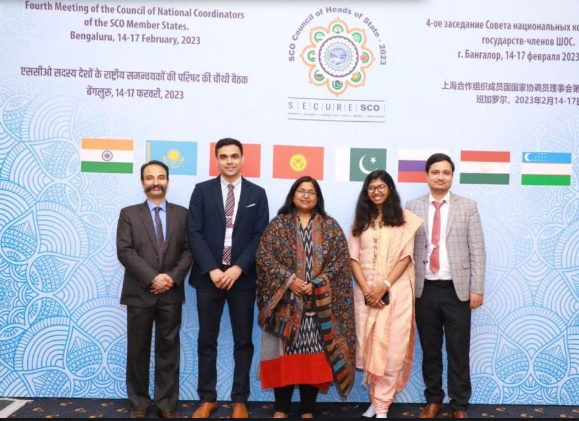
WHO IS BHAVIKA MANGALANANDAN
Bhavika hails from Elamkulam, Kochi, Kerala. This year, she has been appointed as India’s Permanent Representative to the United Nations, succeeding Ruchira Kamboj. She has also served as India’s Second Secretary (Political/Consular/Commercial) in Belarus.
Ms Bhavika successfully cracked the UPSC Civil Services Examination in 2015 on her third attempt, achieving a rank of 249. She graduated with a B. Tech from the Indian Institute of Technology (IIT) Delhi in 2009 and went on to earn an M. Tech from the same institution in 2011.
Her mother is a government employee who is deeply involved in social service, particularly in women’s empowerment. After her selection in the UPSC CSE, Bhavika chose to join the Indian Foreign Service and began her career as an Undersecretary in the Ministry of External Affairs in September 2015. Notably, Bhavika is a passionate advocate for renewable energy, which is reflected in her specialization in Energy Studies.
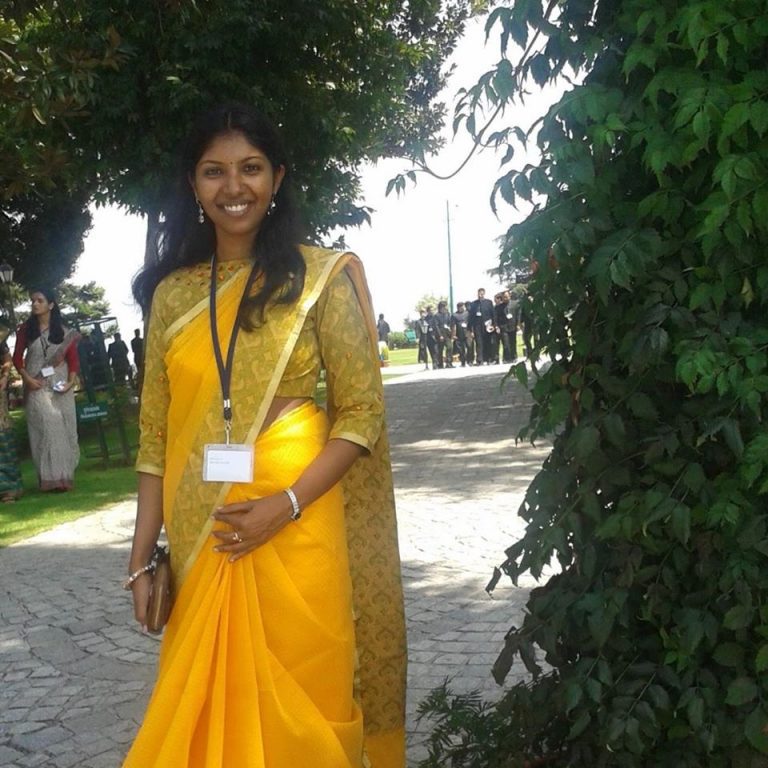
JOURNEY BEFORE IFS
Working as an IFS officer was not Bhavika’s first foray into the professional world. Prior to this, she made significant contributions in the private sector. Before preparing for the UPSC Civil Services Examination, she held several positions in the corporate world.
She began her career as an Assistant Systems Engineer at Tata Consultancy Services, where she worked for nearly one year and eight months, from November 2007 to June 2009.
After leaving her job to focus on academics, she completed her M. Tech. Following that, she re-entered the workforce as a Senior Engineer in Marketing at Schneider Electric, an MNC, where she worked from June 2011 to October 2012 for approximately one year and five months.
Meanwhile, she began preparing for the UPSC CSE and ultimately left her job in October 2012 to dedicate herself to her studies, taking her first attempt in 2013. She received coaching in Thiruvananthapuram and chose Geography as her optional subject for the exam.

HER SPEECH WHICH RATTLED PAK PM
Currently, Ms Bhavika is being celebrated across the country for her eloquent defense of India’s position as a diplomat and her incisive response to Pakistan’s Prime Minister. During her address at the UNGA, she robustly countered Sharif’s allegations that Pakistan had “used terrorism to disrupt elections in Jammu and Kashmir.” Bhavika asserted that the reality is that Pakistan harbors malicious intentions toward the region and has consistently employed terrorism to undermine the electoral process in Jammu and Kashmir, which is an inseparable and integral part of India.
She emphasized Pakistan’s notoriety for terrorism and drug trafficking, calling it audacious for such a country to attack the world’s largest democracy. “Pakistan has long utilized cross-border terrorism as a weapon against its neighbors,” Bhavika stated. “It has targeted our Parliament, our financial capital Mumbai, marketplaces, and pilgrimage routes. The list is extensive,” she noted.
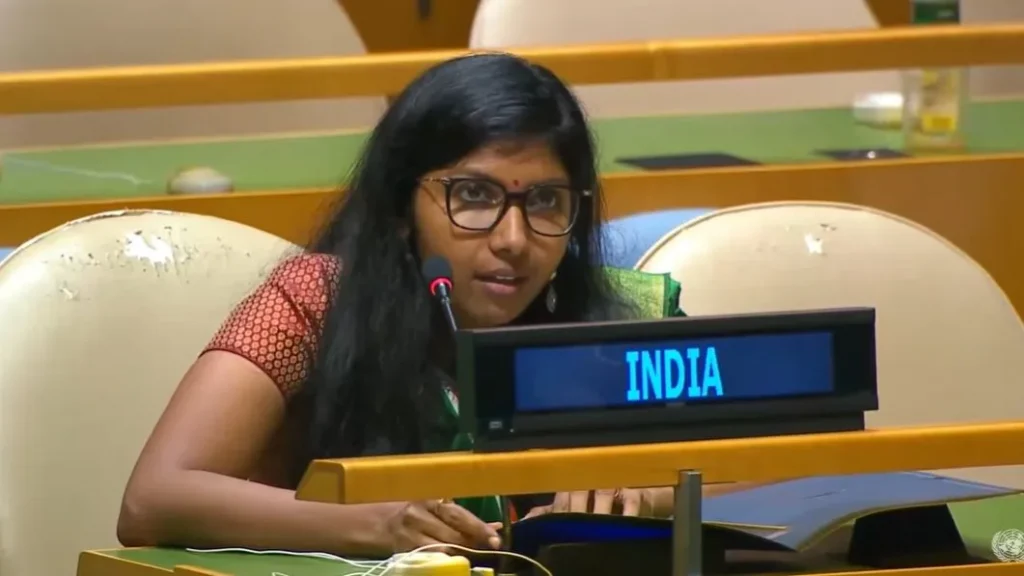
“For a country like this to speak about violence anywhere is hypocrisy at its worst. It is even more remarkable for a nation with a history of rigged elections to comment on political choices in a democracy,” she concluded.
She condemned Pakistan for harboring Osama Bin Laden and its role in global terrorism, including in India. “We’re discussing a nation that has long hosted Osama Bin Laden and is linked to numerous terrorist incidents worldwide. It’s no surprise that its Prime Minister would speak in this hall, but we must make it clear that his words are unacceptable.”
In the end, Bhavika reiterated India’s firm stance, stating that Pakistan’s repeated claims would not change the truth. “Pakistan will counter with lies, but repetition will change nothing. Our position is clear. Thank you, Mr. President.”
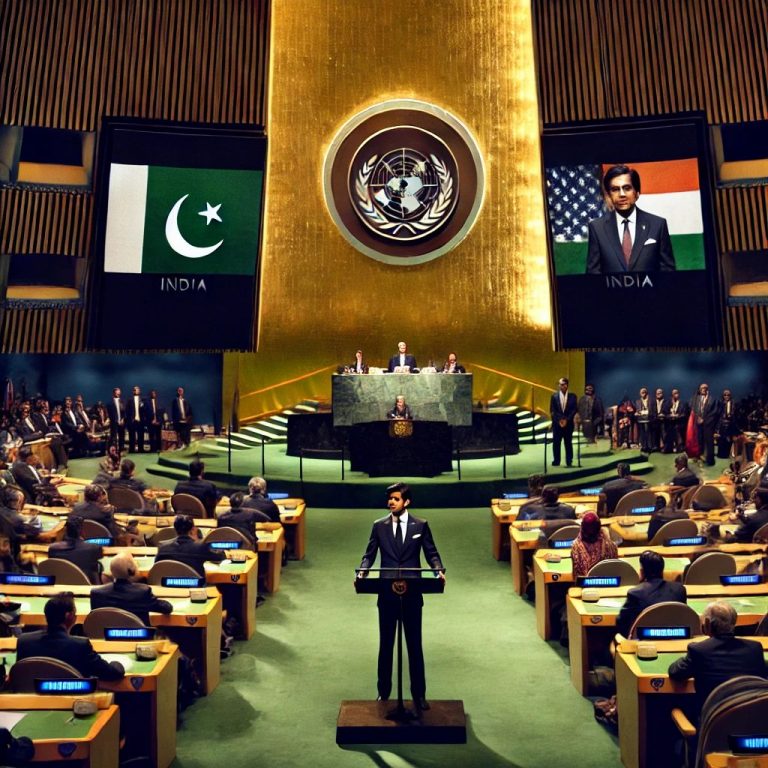
WHAT IS UNGA
The United Nations General Assembly (UNGA) is one of the six principal organs of the United Nations and serves as the only comprehensive forum where all member nations have equal representation. The General Assembly addresses all issues covered under the UN Charter and considers questions related to the functions of various UN organs. It can also make recommendations to member nations and the Security Council.
With representatives from every member country, the UNGA is often referred to as the “mini-parliament of the world. It is a significant meeting where representatives from all countries come together to discuss important global issues.

